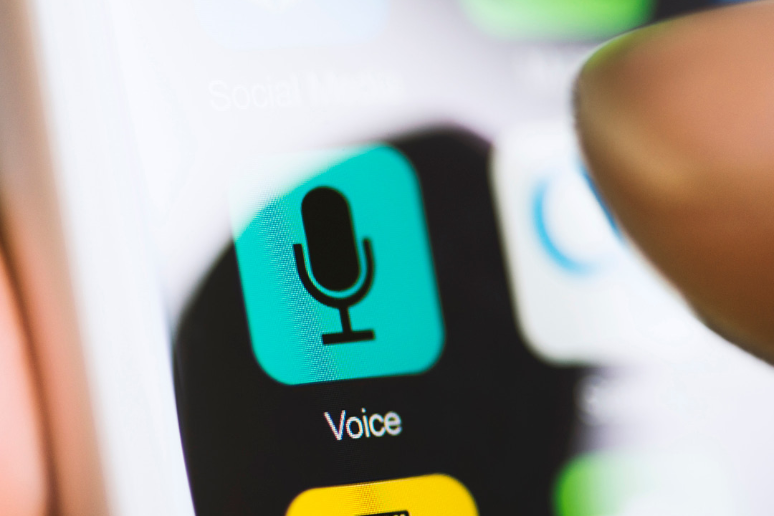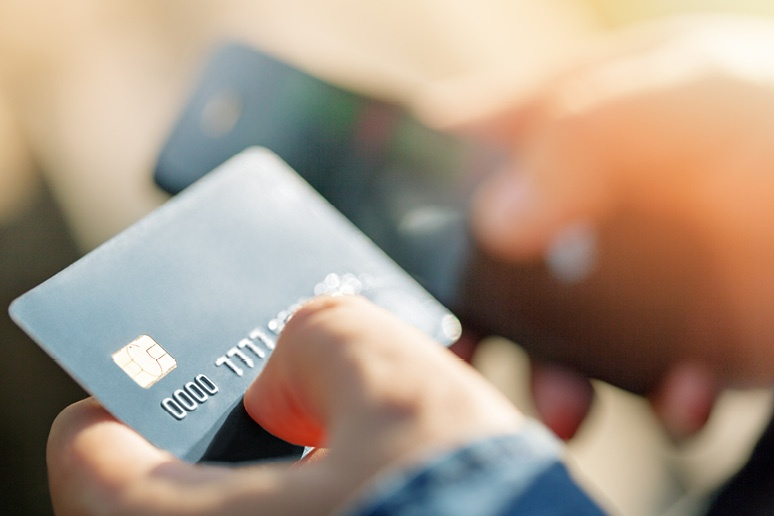In January 2020, a judge dismissed Somerville mayor Joe Curtatone’s lawsuit against former talk host and podcaster Kirk Minihane and his employer Barstool Sports, according to the Boston Globe. In the lawsuit, Curtatone alleged that Minihane had interviewed and taped the call while pretending to be a Boston Globe journalist. Curtatone believed that the tape was obtained through fraud and violated Massachusetts laws about secretly recording people. However, the judge ruled that the deception did not matter because the mayor still knew he was being recorded.
With the proliferation of smartphones and other recording materials, more cases are likely to arise over the legality of recording people. People can easily take videos with the click of a button on their phones while they can also buy applications to more easily record phone calls. Here is some food for thought about recording people with your smartphone.
Is it legal to record a conversation?
It depends, largely on context and state. Some states have one-party consent requirements, where you need one person on the call to consent to the recording. So if you are one of the parties, that would be sufficient. However, if you are recording two other parties, you need one to consent. However, there are states that require two-party consent, where both parties have to agree to the record. Matthiesen, Wickert & Lehrer notes that 38 states and DC have one-party consent laws and 11 are two-party consent laws at the end of 2019.
However, complications may arise if the phone call is held over different states with different laws. Matthiesen, Wickert & Lehrer note: “Which state’s laws apply and/or whether the law of each state must be adhered to are questions parties to a call are routinely faced with.”
There are exceptions. Matthiesen, Wickert & Lehrer point out: “Common exceptions found in a majority of states’ laws include recordings captured by police, court order, communication service providers, emergency services, etc.
What about the legality of video recording?
Video recording can even be trickier. “Generally, it's legal to videotape or photograph people while they appear in public areas,” writes Kates Nussman Ellis Farhi & Earle, LLP. However, the firm’s post continues to explain: “But both New Jersey and federal law make it a crime to videotape or photograph a third party who is nude or engaging in sexual activity, without their consent, in a place in which he or she enjoys a reasonable expectation of privacy, such as a home, a bathroom stall, or a gym locker-room. A violation of this federal law, the Video Voyeurism Prevention Act of 2004, is punishable by fine and imprisonment.”
Videoing and/or recording of police can vary widely by state. Illinois used to be one of the strictest states against video or recording of police. Martin & Kent, LLC note that changes in the law and court cases have happened over the past few years but “while the Illinois statute does not explicitly allow the recording of police while they are performing their public duties, including conducting an arrest, the exemption for conversations that can have no reasonable expectation of privacy clearly contemplates allowing the recording of such activities.” However, they advise: “Recording the police as they conduct their public duties does not mean you can do anything you want during the course of that recording.”
What is considered a public space in these situations?
While the recording of people’s homes and private spaces like a bathroom seems pretty clear, the idea of what is public may not be a strict line. Zach Crosner of Crosner Legal defines a public space as: “Any place that any member of the public has access to, including but not limited to transit facilities, community centers, and recreational parks.”
There’s a question of what is a reasonable expectation of privacy even in public places. Do people whispering at a crowded cafe have a reasonable expectation of privacy compared to a person having a loud phone call on the street corner?
Crosner envisions four scenarios where people may not have a reasonable expectation of privacy:
- “If the individual is yelling, shouting, or speaking in a public setting without holding concern of being overheard, and there is a probability that he or she will be overhead.
- If an individual is holding a presentation or speaking at a hearing to a large group of people.
- If an individual is performing, singing, or dancing in front of crowds.
- You have the right to record authorities, police, and people acting in public office if they are in a public place.”
What are the penalties for illegally recording someone?
Kates Nussman Ellis Farhi & Earle, LLP points out that “the videotaping or photographing of a person can result in civil liability for a wanton photographer. For example, someone who believes that their privacy has been infringed because of another's photograph or taping may sue the photographer for ’intrusion or public disclosure of private facts.’”
Crosner also points out: “You should always be aware that one or more sets of limitations or laws can apply to the use of your recording devices.”
Ultimately, Nussman Ellis Farhi & Earle, LLP advises: “You should only use your cellphone or other devices when the person you're recording is in a public place and have no expectation of privacy. Likewise, when recording the audio of a conversation, you should make sure that at least one party to the conversation consents.” But of course, that’s if you are in a one-party consent state.
When should I get an attorney?
You might want to consider an attorney if you find that you have been recorded illegally without your knowledge and consent, especially if you had a reasonable expectation of privacy. Conversely, if you are being sued for videotaping or recording with your smartphone, you should consult an attorney.
 By Elisa Shoenberger,
By Elisa Shoenberger, 

